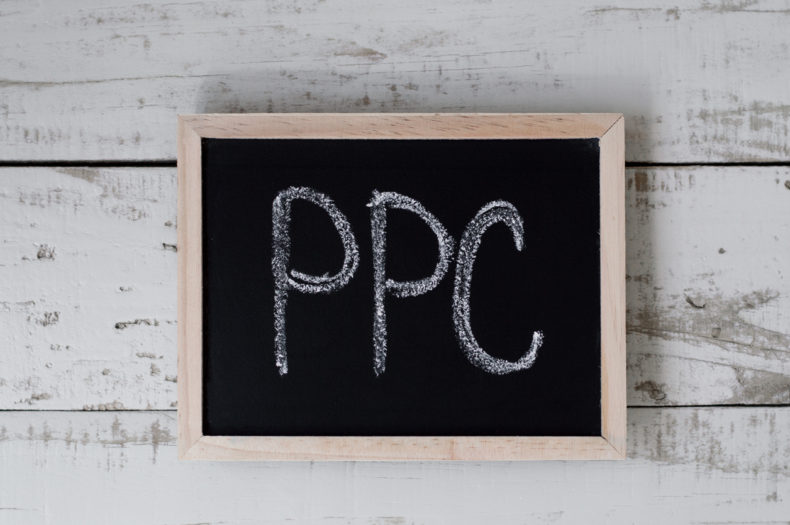
Pay-per-click (PPC) advertising can provide Web traffic overnight — if you do it right. Marketers must take a careful, informed approach to their first campaign or they’ll sabotage their results.
These eight steps are essential when launching your first PPC campaign:
1. Clarify Your Buyer Persona
Before you can start a campaign, you need to know who you’ll be trying to attract. Review your buyer personas and extract the information you’ll use in targeting your ads, such as age, gender, location, language, education, and income level.
2. Understand Your Goals
As with content marketing, most PPC ads don’t go straight for the sale. Instead, they focus on winning conversions such as an email subscription or webinar sign-up. If you are going for a buy, you’ll need sales revenue that exceeds cost of acquisition if you wish to produce ROI.
3. Perform Keyword Research
Just like organic search results, PPC ads are associated with specific Web queries. You’ll want to link your ads to queries that demonstrate interest in the offer or content you’ll be promoting. Ideally, these will be long-tail keywords with moderate traffic and little competition.
4. Develop an Offer
Now you can build an offer around your buyer personas and keywords. If you’re hoping to sell an existing product, do the calculations necessary to understand what sales volume you’ll need to break even. Otherwise, focus on creating an offer that meets your visitors’ needs.
 5. Design Your Landing Page
5. Design Your Landing Page
To be effective, most PPC ads will need to link directly to a custom landing page. Ads that lead to the brand homepage or other general content will raise your bounce rate, the ratio of users who click on your ad but don’t interact with your site.
6. Write Your Ads
With your landing page built and written, you can write your ads. The language and promises made by your ad should be congruent with what users will see as soon as they reach your landing page. This prevents confusion in those crucial first seconds.
7. Manage Targeting and Bidding
Each PPC platform provides different targeting and bidding options. While automated bidding usually produces adequate results, it’s by no means exceptional. Understand your budget and bidding strategy so you can make cost-effective choices that drive conversions.
8. Handle Ongoing Maintenance
Even a simple PPC campaign requires some degree of ongoing maintenance. Ads will go “stale,” provoking fewer clicks from users, and costs associated with different keywords will fluctuate as the competitive landscape changes. It’s vital to be attuned and adjust to these issues.
For sites that already have proven value and high-converting content, PPC is ideal. However, all PPC campaigns should work hand-in-hand with an organic SEO strategy to produce long-term, low-cost visibility in search results.

 5. Design Your Landing Page
5. Design Your Landing Page